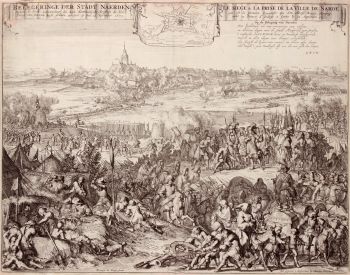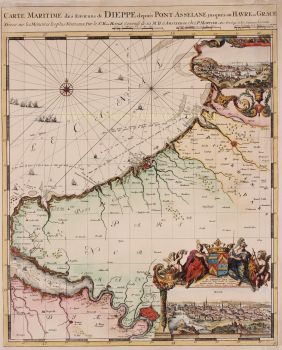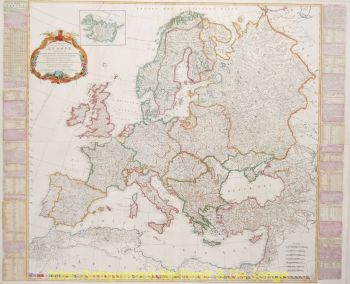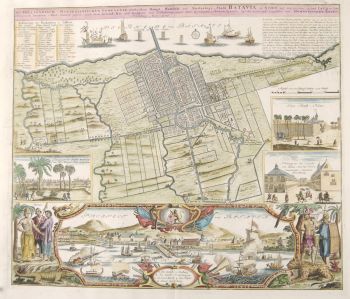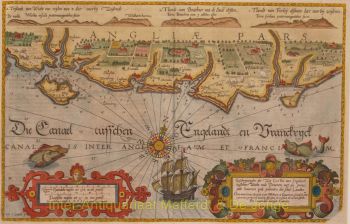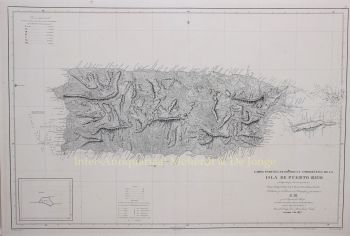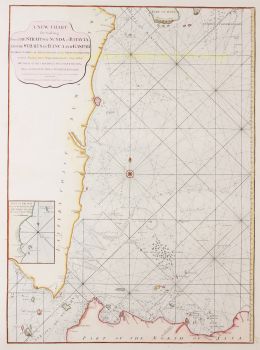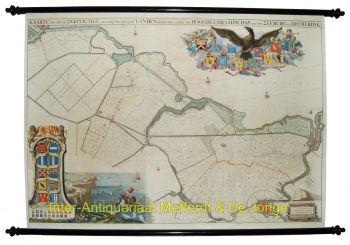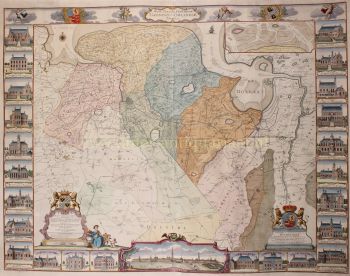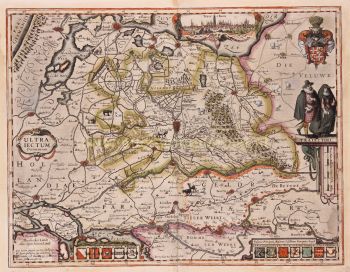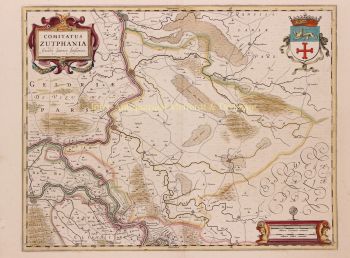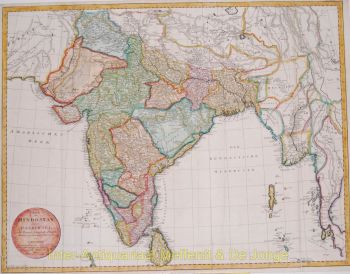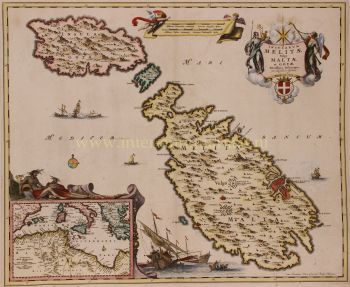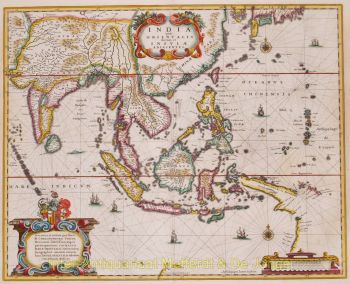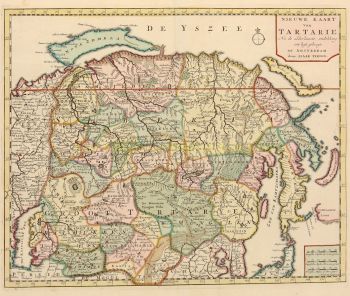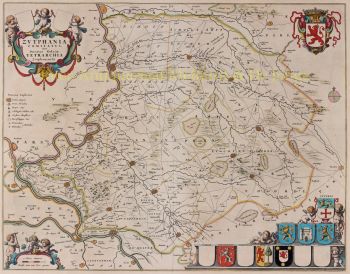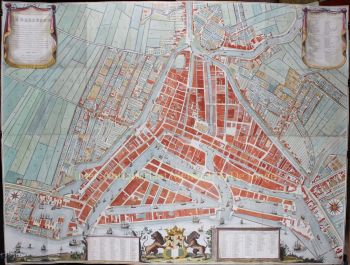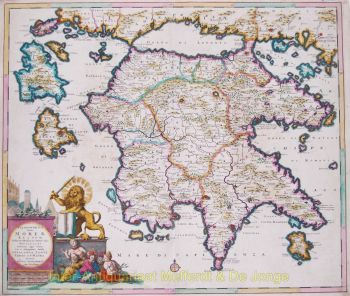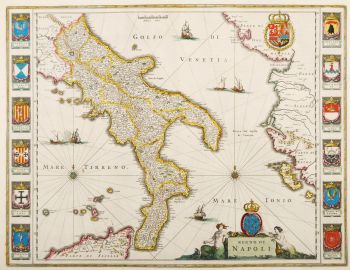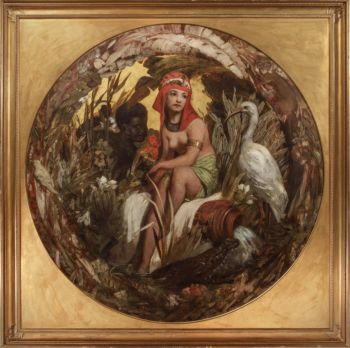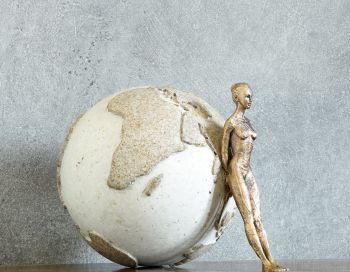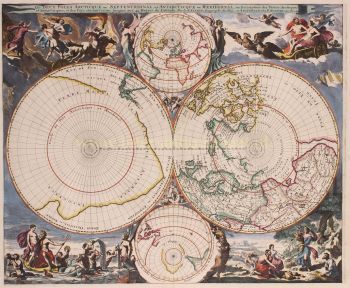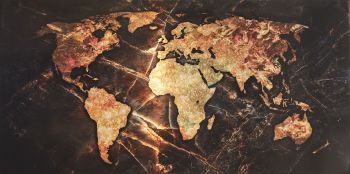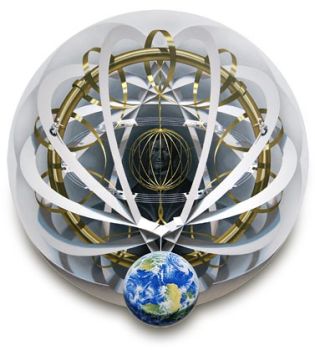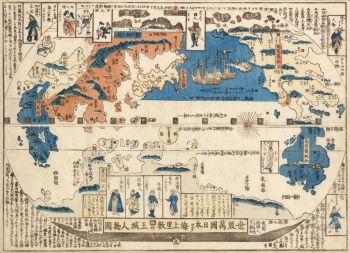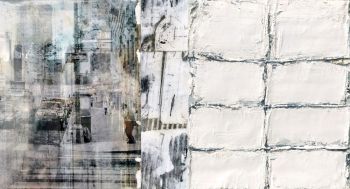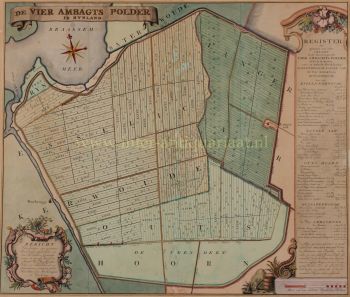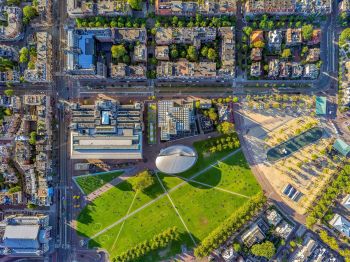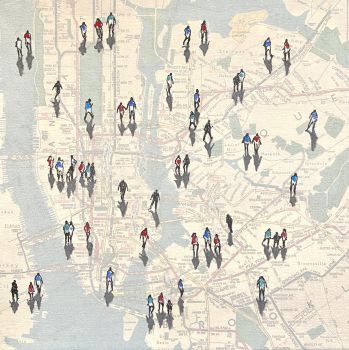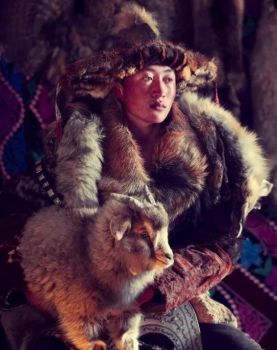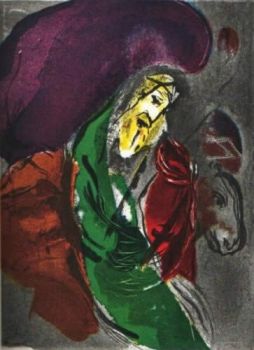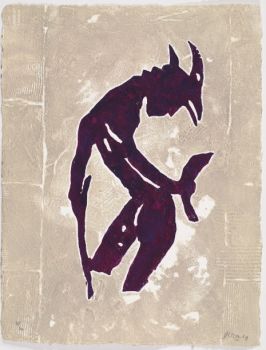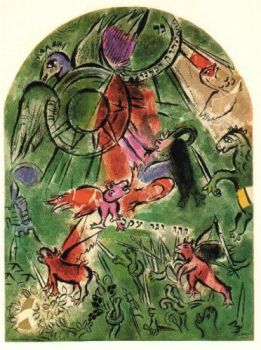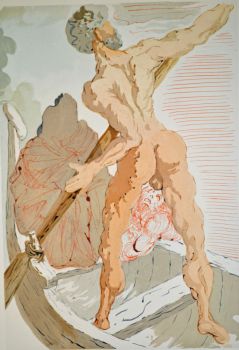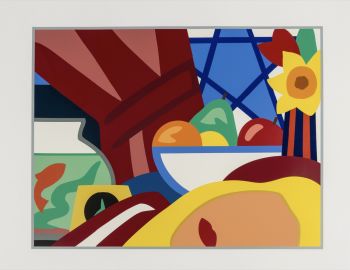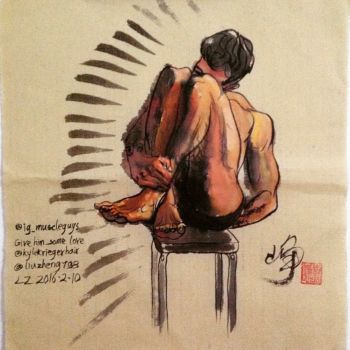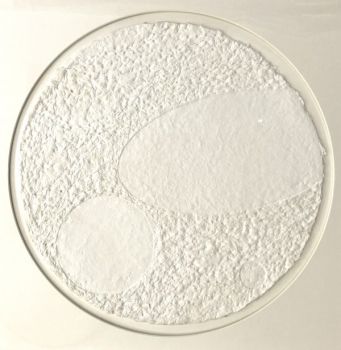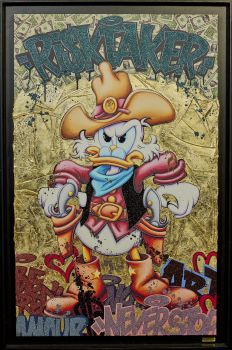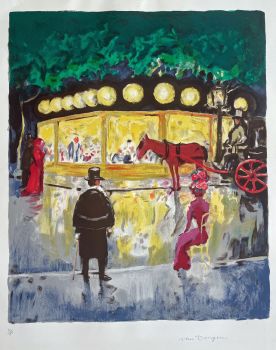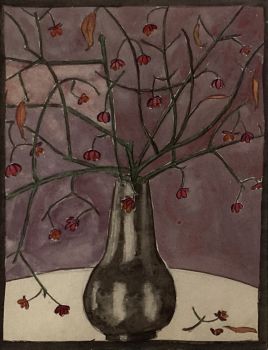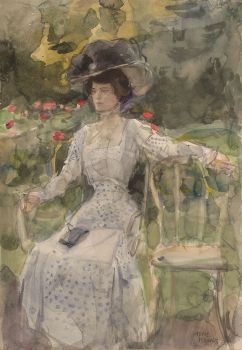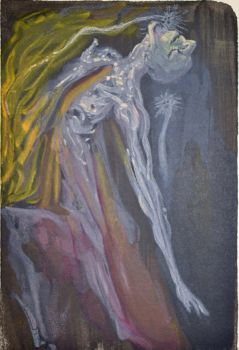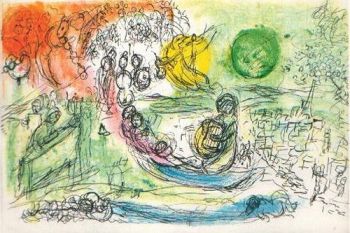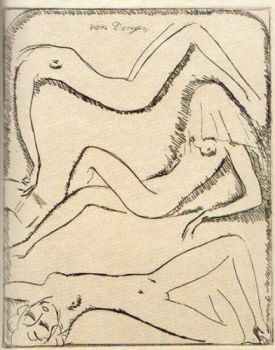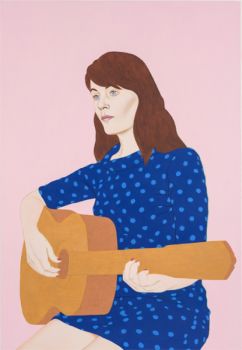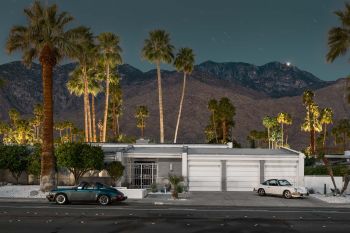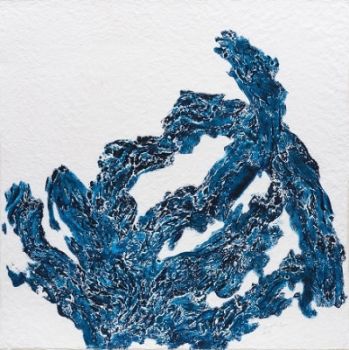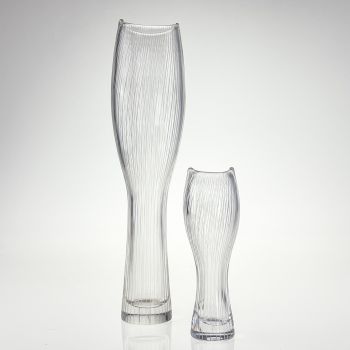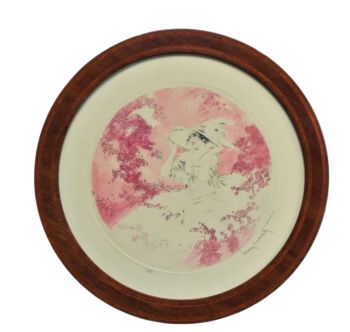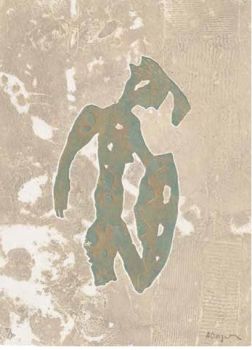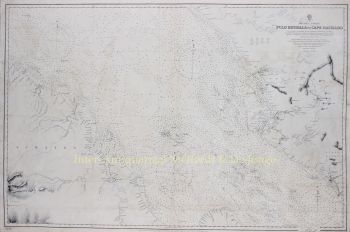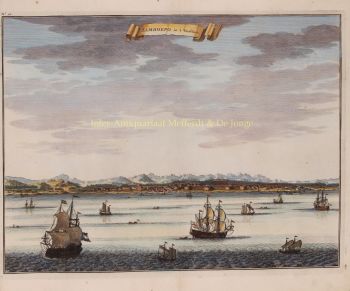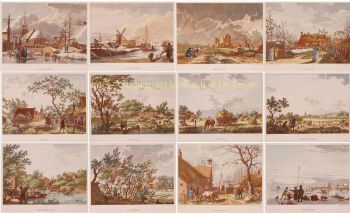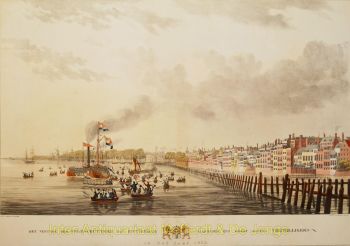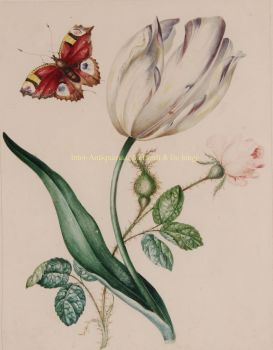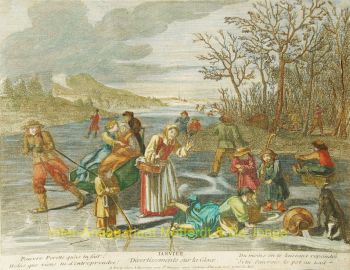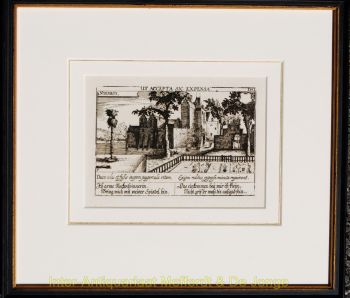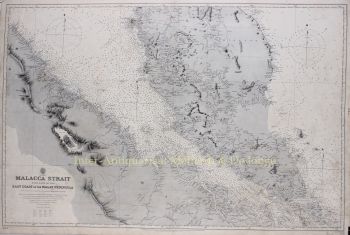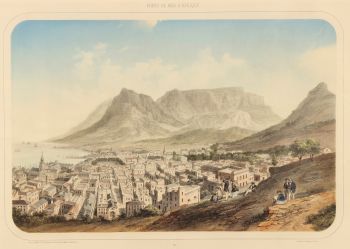Mapa mundial 1700
Romeijn de Hooghe
PapelImprimir
48 ⨯ 55 cm
€ 7.500
Inter-Antiquariaat Mefferdt & De Jonge
- Sobre arteNovissima & exactissima totius orbis Terrarum Tabula Hand coloured copper engraving from the "Atlas Maritimus Ofte Zee Atlas"?. Published in Nuremberg by David Funcke c. 1700. Size: 48 x 55 cm. David Funcke was a Nuremberg publisher, who commissioned works from Johann Baptiste Homann. This attractive and ingenious map however, derives from a work by Romeyn de Hooghe "one of the most accomplished Dutch artists of the second half of the 17th century" that appeared in Frederick de Wit's Atlas. The marginal decoration in this work depicting the four elements of Classical philosophy portrays Fire as a military battle; Air as the heavens ruled by the Zodiac and serenaded by Apollo; Earth as a field being harvested and husbandry; and Water, a sea with Dutch ships and a sputing whale. There are Greek gods presiding from the sidelines of all these scenes: Zeus, Hera, Hades, Persephone, Demeter and Poseidon. The map has two large hemispheres and two smaller, polar hemispheres. There is an outline of an Antarctic continent, which De Wit had left blank. Reference: Shirley 616 (and 444), plate 327. Price: Euro 7.500,- (incl. frame)
- Sobre artista
Romeyn de Hooghe (1645, Amsterdam - 1708, Haarlem) foi um gravador, desenhista de gravuras, pintor, escultor, ourives, medalhista, advogado, editor de mapas e autor de escritos históricos. Em 1673, Romeyn casou-se com Maria Lansman, filha de um ministro. Eles moravam em Amsterdã no Reguliersgracht. Ele ilustrou livros, por exemplo, Hieroglyphica of Merkbeelden der oude volkeren (1735), um livro de emblemas bem conhecido e livro de referência para a mitologia clássica e sua iconografia. Ele também ilustrou livros de Constantijn Huygens e Hugo de Groot. Em 1675, ele possuía uma loja de arte na Kalverstraat. Em 1677, ele ilustrou a viagem de Coenraad van Klenck a Moscou. Ele produziu muitas gravuras, entre outros os fogos de artifício no Hofvijver em Haia. Uma série de gravuras de De Hooghe foram reprovadas por algumas pessoas, uma vez que mostrariam assuntos vergonhosos. Por outro lado, era considerado um grande satírico gráfico. De Hooghe era um propagandista da política anti-francesa. Ele pintou grandes painéis para as salas do gabinete do prefeito em Enkhuizen. Em 1690 mudou-se para Haarlem, onde iniciou aulas de desenho de padrões para crianças no Nieuwe Gracht 13.
Você está interessado em comprar esta obra de arte?
Artwork details
Related artworks
- 1 - 3 / 3
- 1 - 4 / 24
- 1 - 4 / 15
- 1 - 4 / 24
- 1 - 4 / 12



